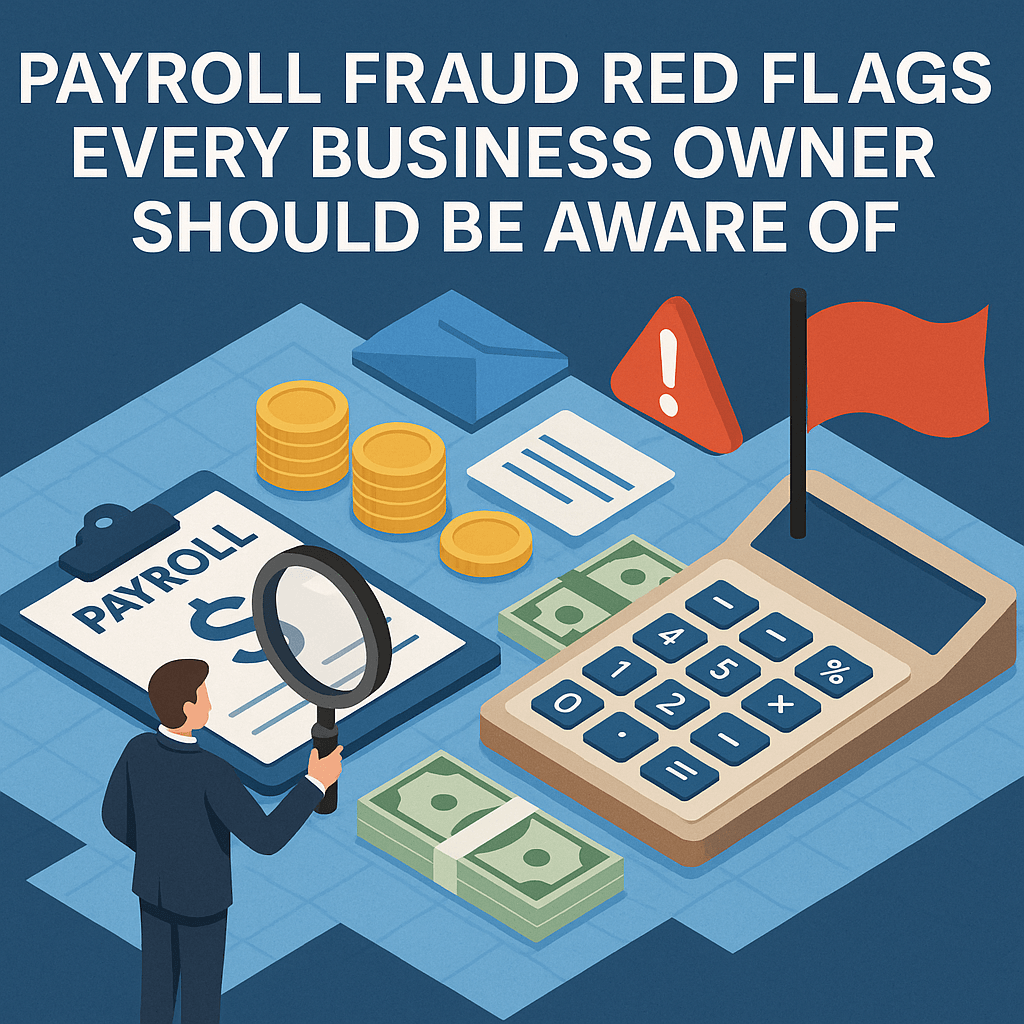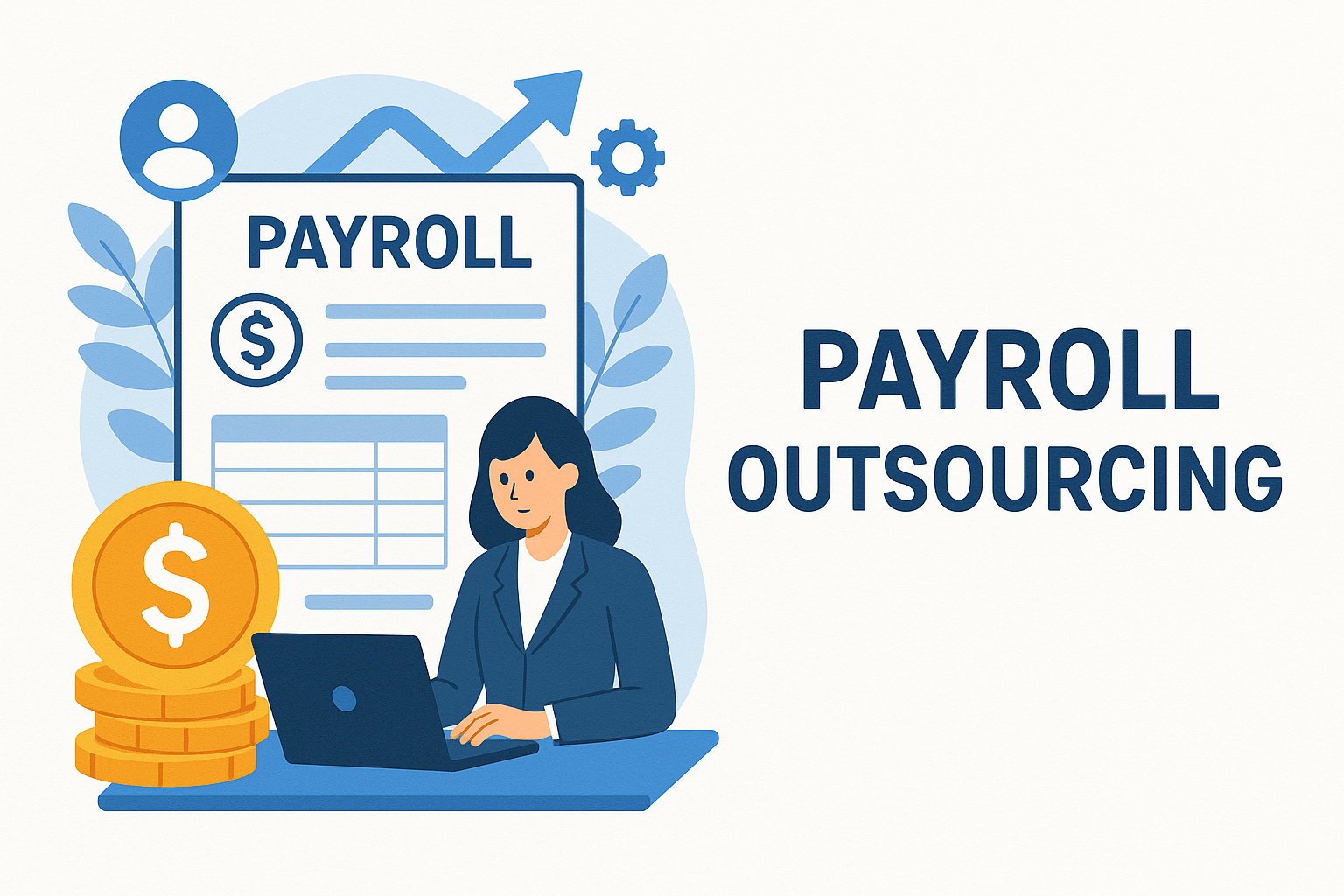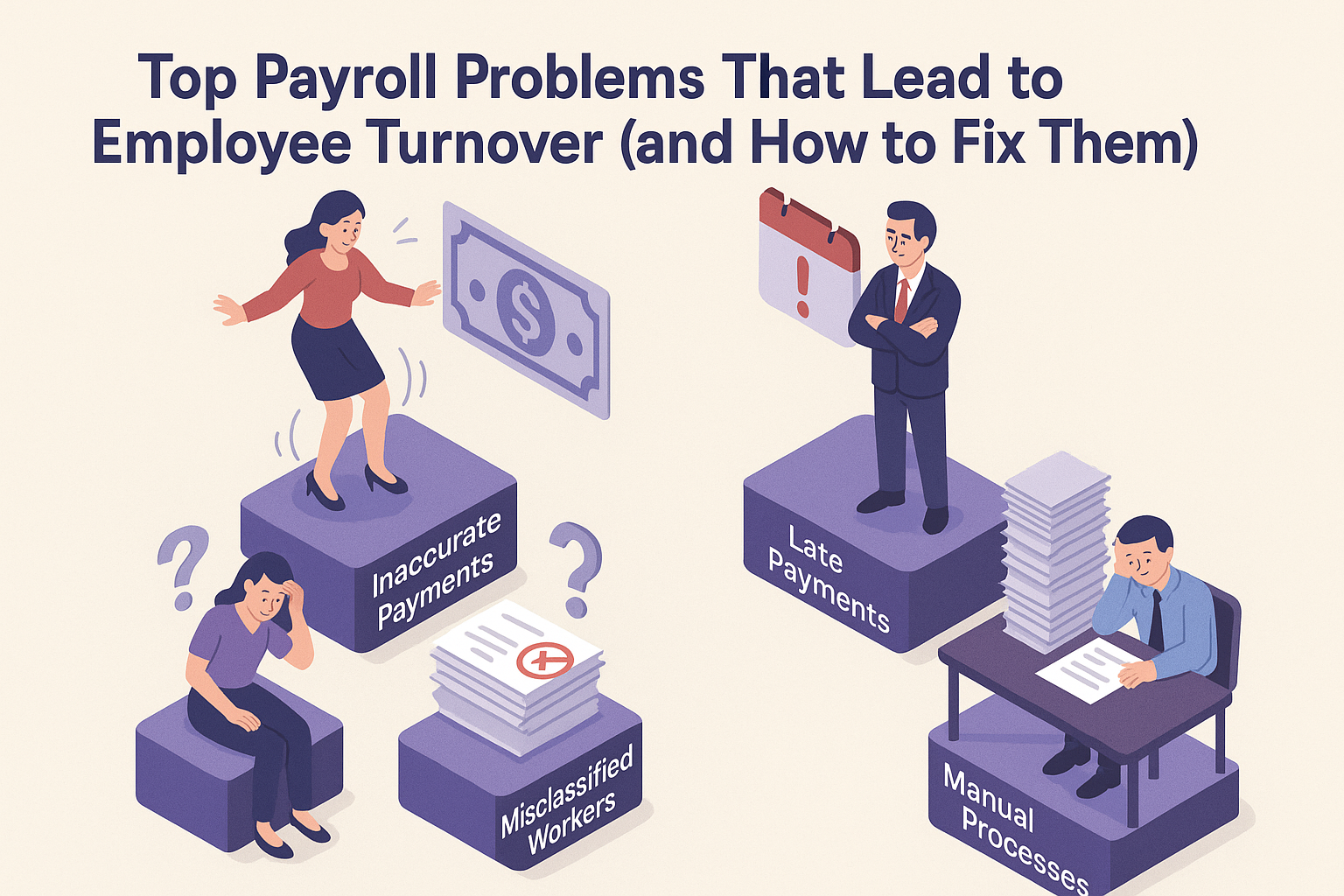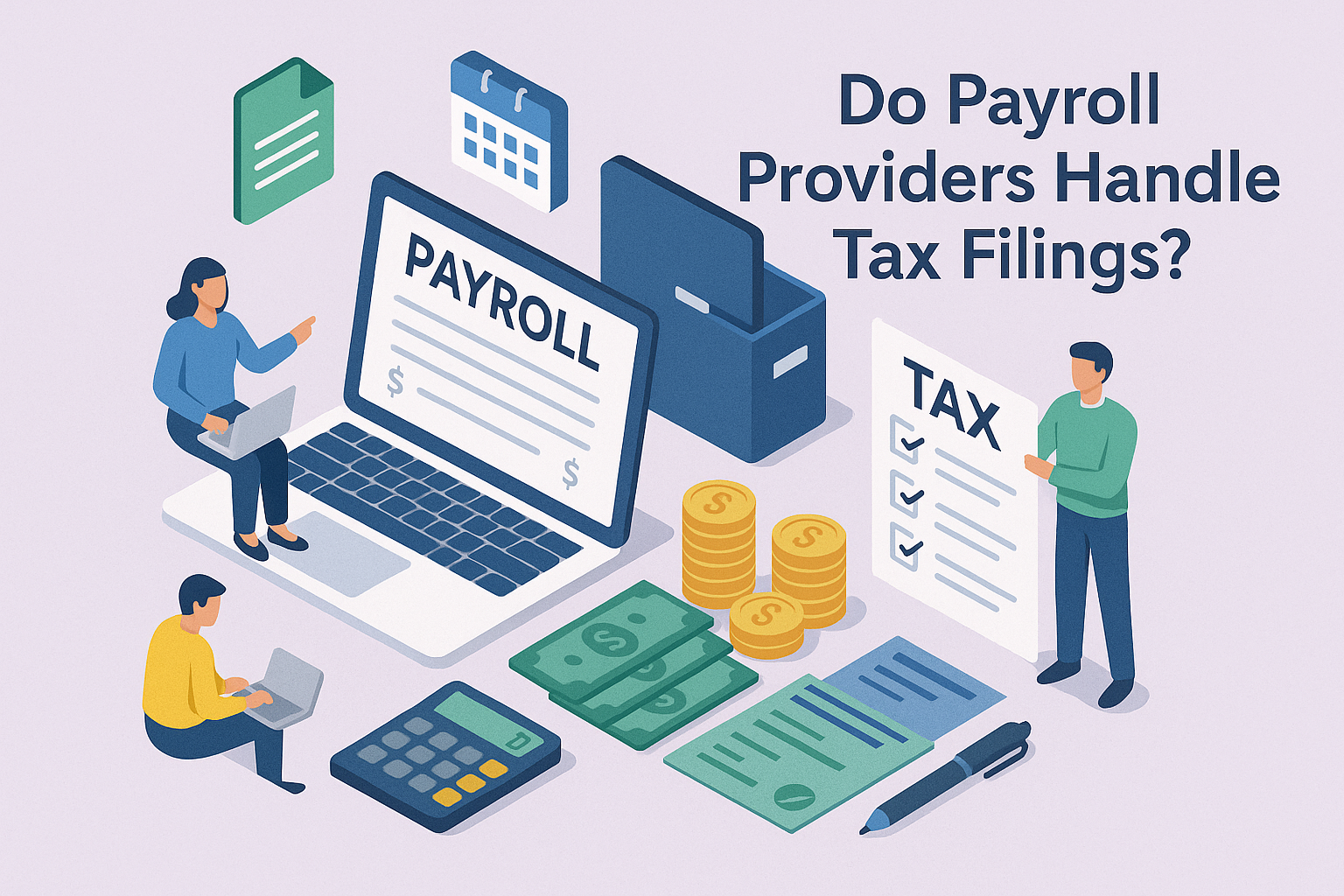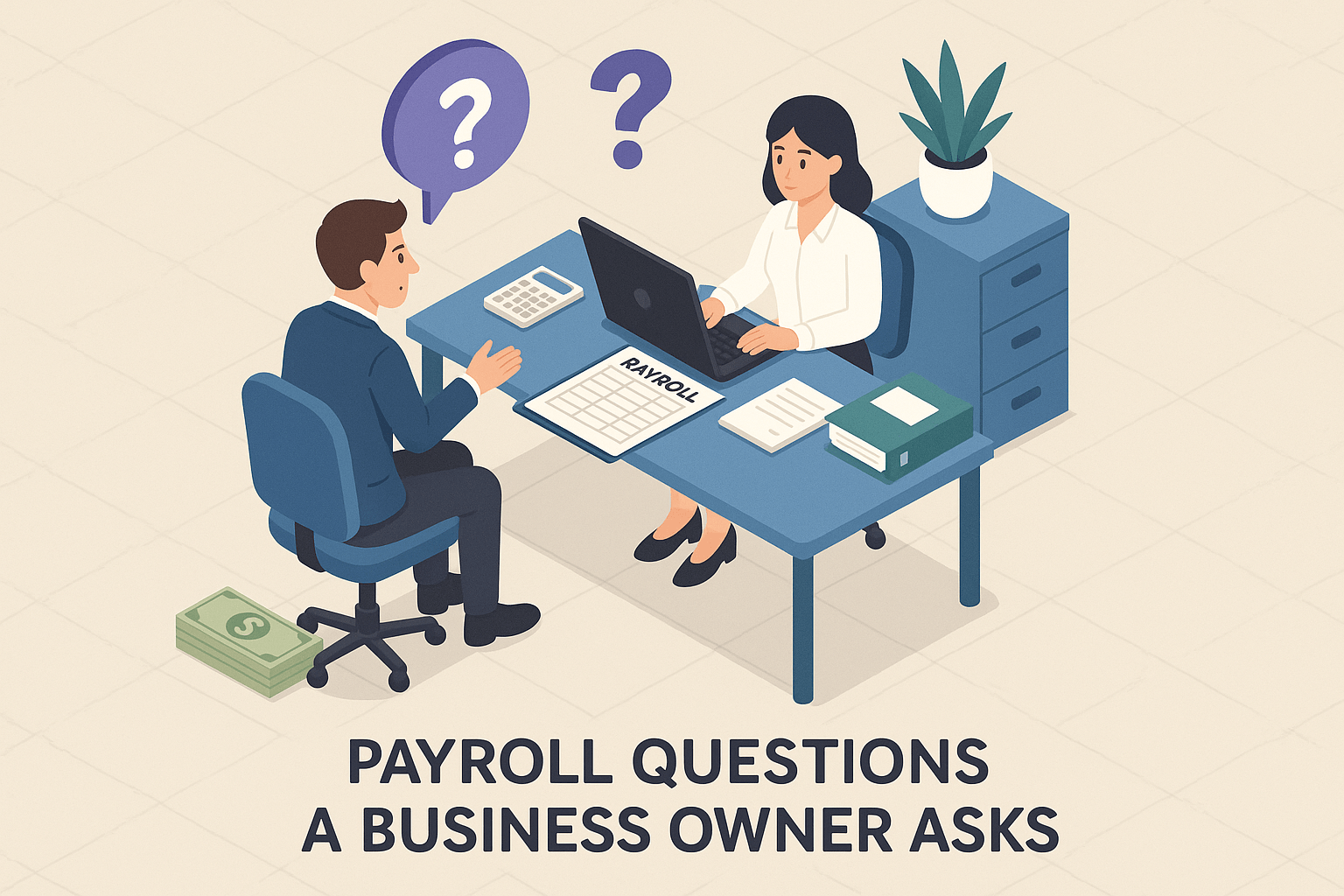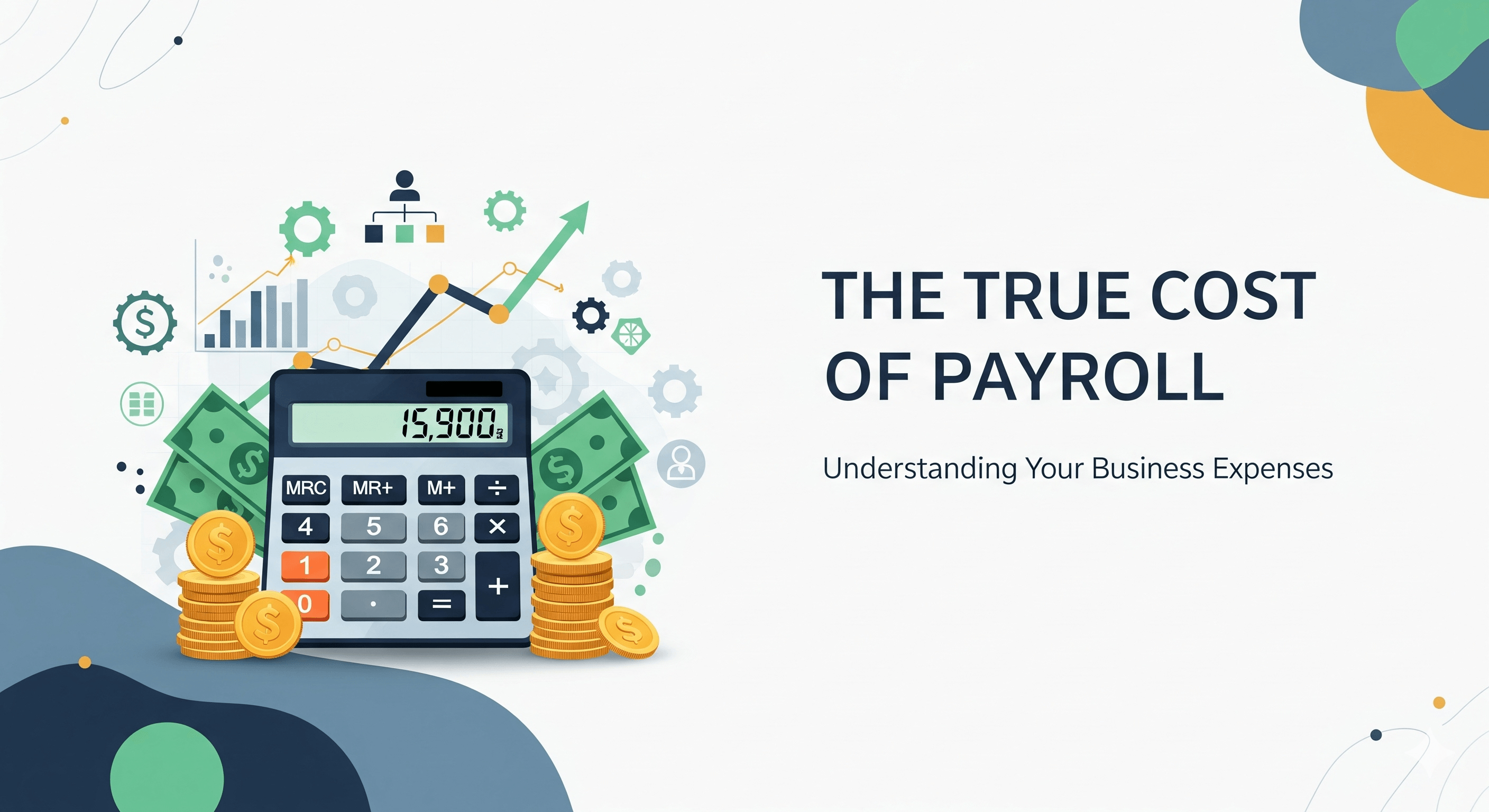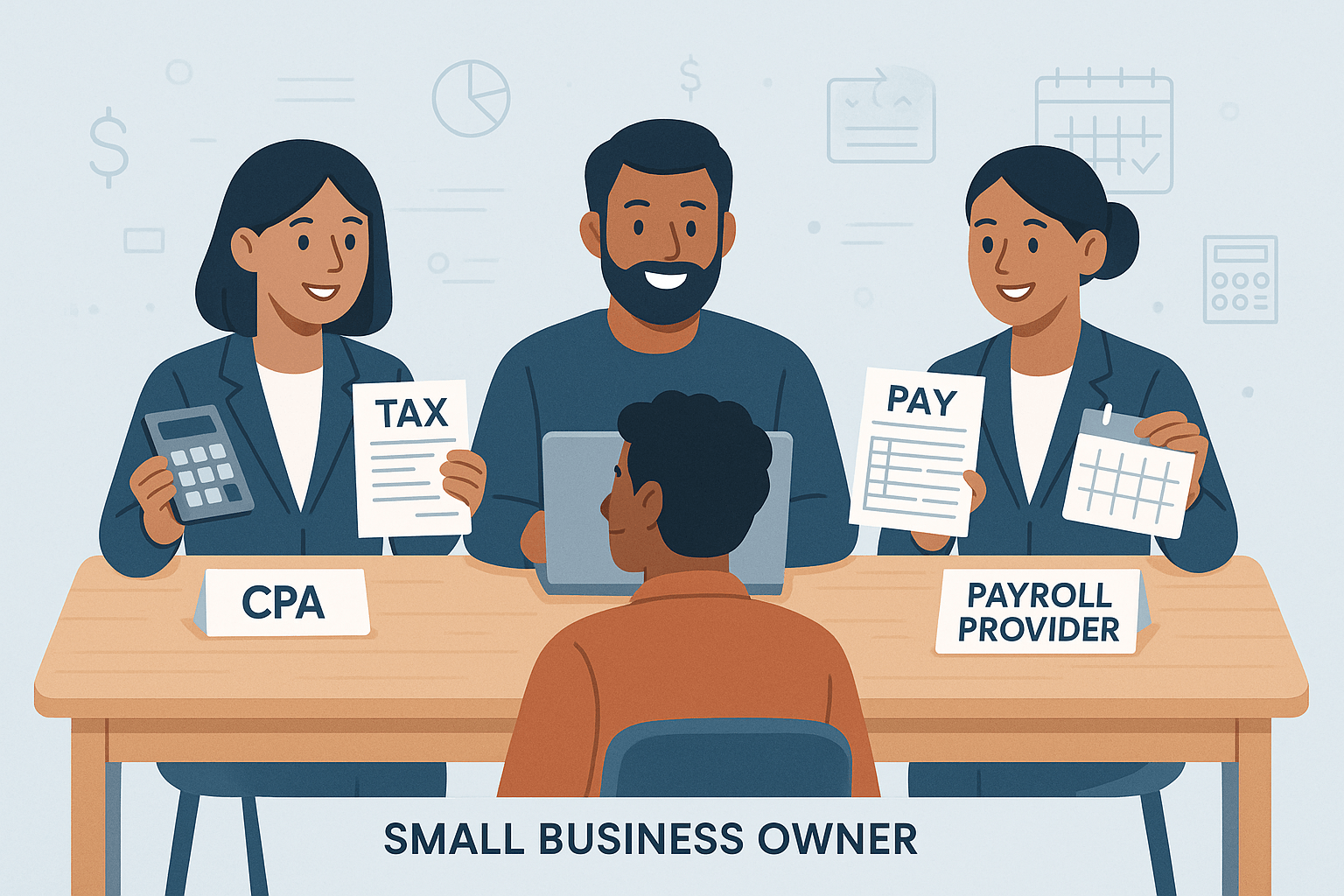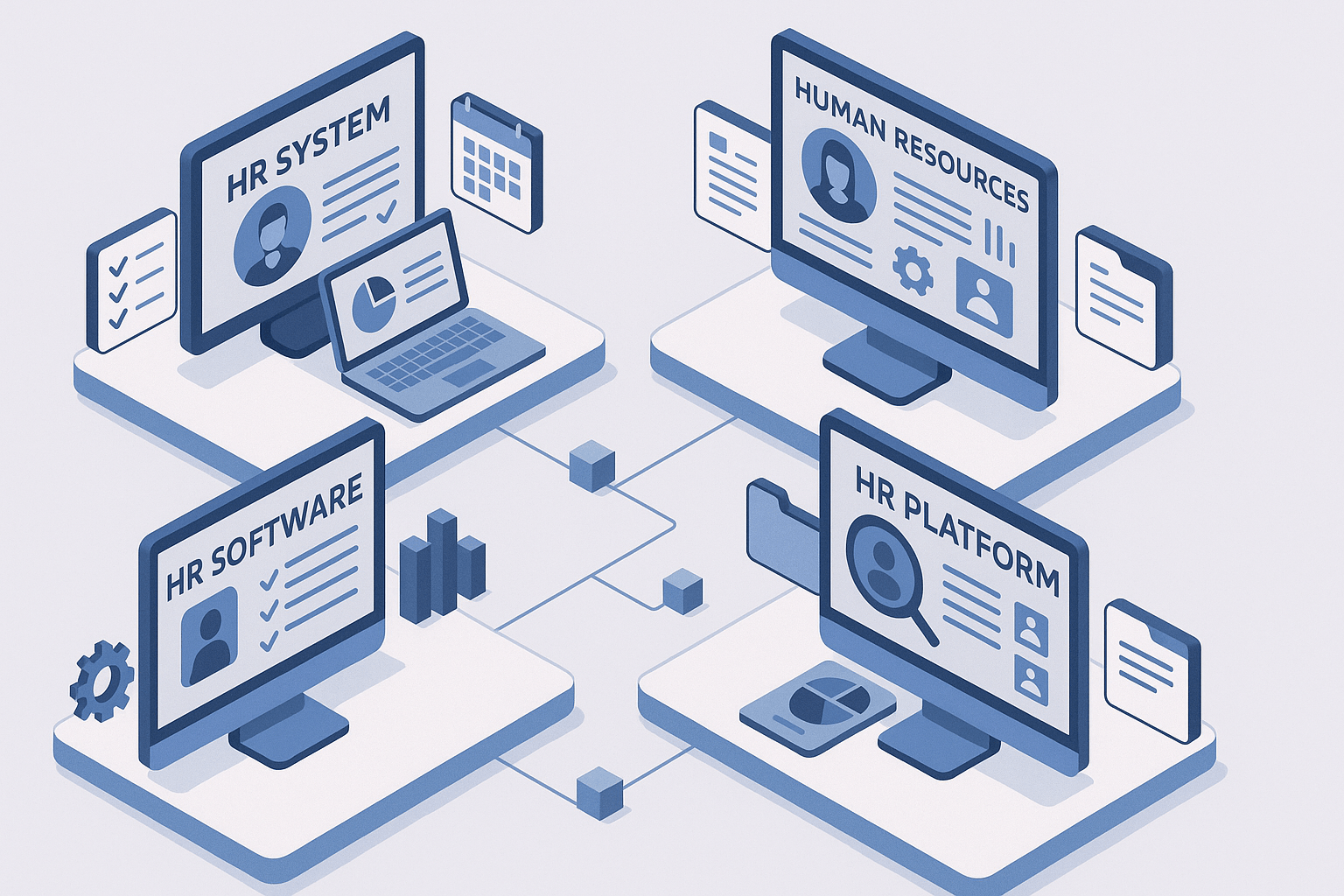Is Full-Service Payroll Worth It? Benefits, Costs & How It Works
September 23rd, 2025
4 min read
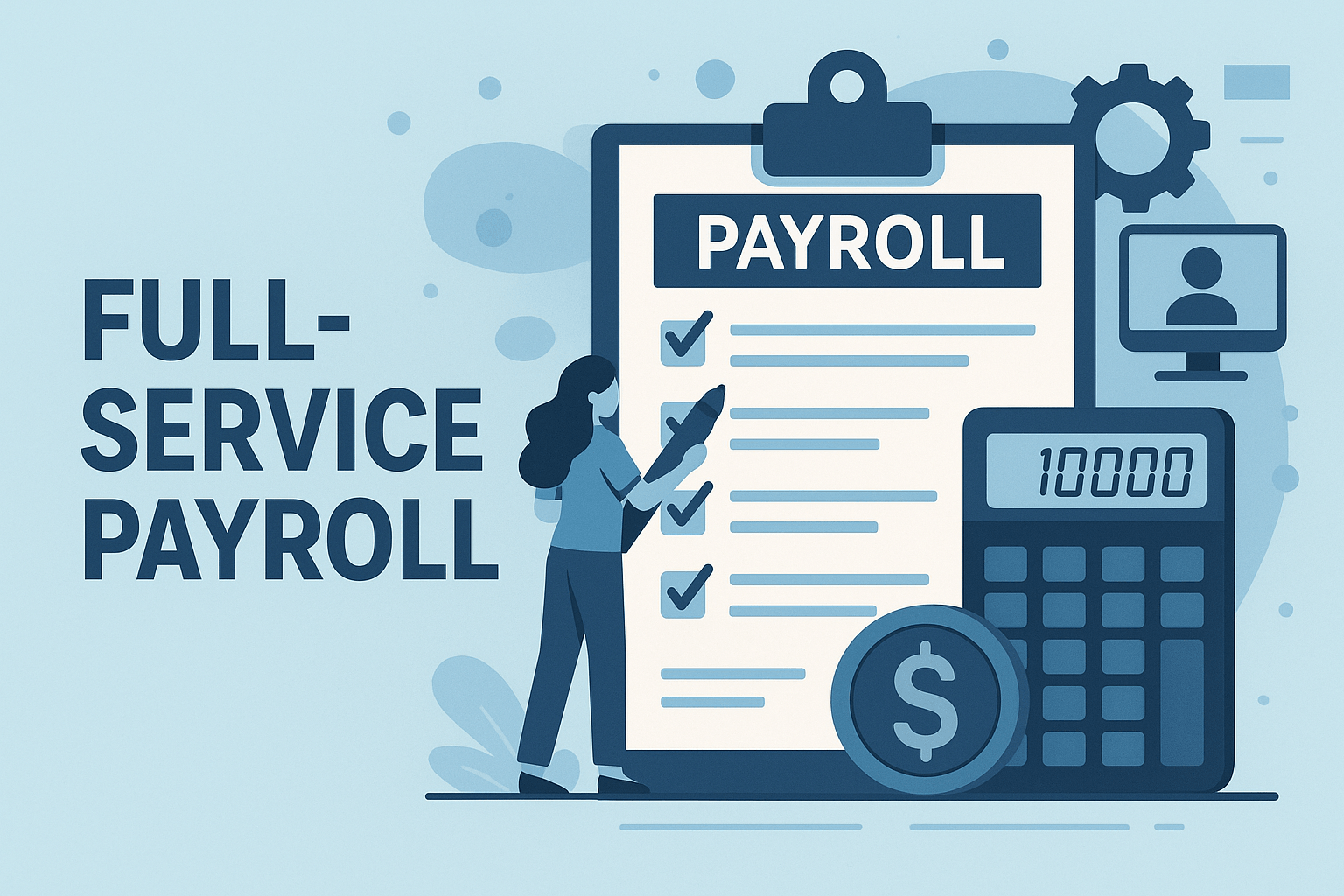
Running payroll is one of the most important—yet time-consuming—tasks for any business. From calculating wages and deducting taxes to meeting filing deadlines and ensuring compliance with labor laws, it’s easy to feel overwhelmed. For business owners and HR professionals already juggling multiple responsibilities, the risk of mistakes is high—and the consequences costly.
At Lift HCM, we understand the burden payroll can place on businesses. With over five decades of experience, we’ve helped countless organizations simplify and strengthen their payroll operations through full-service solutions.
In this article, you’ll learn exactly what full-service payroll is, what it includes, and how it can benefit your business. We’ll also compare options, and help you decide if full-service payroll is the right fit.
Table of Contents
- What Full-Service Payroll Includes—and Why It Matters
- Key Advantages of Full-Service Payroll Services
- Who Should Use Full-Service Payroll?
- Industry-Specific Benefits of Full-Service Payroll
- Full-Service Payroll vs. In-House, DIY, and Accountants
- How Implementation Works: From Sign-Up to First Payroll
- How to Choose the Right Payroll Provider
- Make Payroll One Less Thing to Worry About
What Full-Service Payroll Includes—and Why It Matters
Full-service payroll takes the entire payroll process off your plate and places it in the hands of experienced professionals. Instead of managing spreadsheets, tax filings, and compliance headaches, you gain a comprehensive service that covers:
- Payroll processing and direct deposit
- Federal, state, and local tax filings
- Year-end W-2 and 1099 preparation
- PTO tracking and timekeeping integration
- New hire reporting and employee self-service portals
- Support for benefits, garnishments, and more

Key Advantages of Full-Service Payroll Services
Switching to full-service payroll isn’t just about convenience—it’s a strategic move. Here are the biggest benefits:
- Time Savings: It automates tasks like paycheck calculations, direct deposits, and filings, freeing up valuable time.
- Accuracy & Compliance: It reduces errors and ensures you’re always up-to-date with complex regulations.
- Tax Filing Support: Professionals handle all payroll taxes, filings, and compliance requirements for you.
- Employee Self-Service: Employees can securely access pay stubs, W-2s, and update personal information, reducing HR queries.
- HR & Benefits Integration: It seamlessly syncs with time-tracking, PTO, onboarding, and benefit plans.
- Scalability: The services adapt to the needs of growing businesses with flexible tools and support.
To put the value of accuracy into perspective, consider the potential costs of payroll errors:
Who Should Use Full-Service Payroll?
While full-service payroll is valuable for any business, it’s especially beneficial for:
- Small businesses without in-house HR or payroll experts: These businesses often lack the dedicated staff or specialized knowledge to handle complex payroll tasks, making external expertise invaluable.
- Growing companies managing more employees, benefits, or state locations: As your business scales, so do payroll complexities, which a full-service provider can effortlessly manage.
- Companies in regulated industries where compliance is critical: Industries with strict compliance needs benefit from experts who stay abreast of ever-changing regulations.
- Business owners who want peace of mind and fewer administrative burdens: Delegate the worry and free yourself to focus on strategic growth.
Industry-Specific Benefits of Full-Service Payroll
Different industries face unique payroll challenges. Here's how full-service payroll adapts:
- Restaurants: Tip reporting, variable hours, and shift differentials are automated.
- Construction: Job costing, certified payroll reports, and multi-state compliance are handled.
- Healthcare: Support for 24/7 scheduling, credential tracking, and shift premiums.
- Retail: Seasonal workforce management, time-off tracking, and employee self-service tools.
With full-service payroll, these complex needs are built into the process, reducing administrative strain and improving accuracy.
Full-Service Payroll vs. In-House, DIY, and Accountants
Let’s take a look at how full-service payroll compares to the alternatives:
How Implementation Works: From Sign-Up to First Payroll
Understanding how full-service payroll is implemented can ease hesitation and make the transition smoother. Here’s what a typical onboarding process looks like with a trusted provider:
- Discovery and Needs Assessment: You’ll meet with a payroll specialist to review your current system, headcount, pay frequencies, benefits, and compliance needs. This step ensures your provider tailors the setup to match your business model.
- Data Collection and System Setup: You’ll securely provide prior payroll records, employee information, tax details, and relevant business documents. The provider will then configure your payroll platform, ensuring tax jurisdictions, pay rules, and deductions are correct.
- Integration and Testing: Integration with your time-tracking, HR, and benefits platforms will be completed. Providers typically run test payrolls to ensure accuracy before your first live run.
- Training and Access: You and your team will receive training on using the payroll dashboard, employee self-service tools, and support channels.
- Go-Live and Ongoing Support: The first live payroll will be processed with hands-on support. Dedicated service teams remain available for questions, compliance guidance, and updates.
How to Choose the Right Payroll Provider
Choosing the right provider is key. Here are essential features to prioritize:
- Transparent Pricing: Always avoid hidden fees; ask for PEPM (per employee, per month) breakdowns.
- Reliable Support: Look for a provider with U.S.-based support teams for easy access to help.
- Tax Compliance Expertise: Ensure they handle all federal, state, and local filings accurately and on time.
- System Integration: The service must work well with your existing HR, timekeeping, and benefits systems.
- Experience in Your Industry: Knowledge of your industry’s unique nuances truly matters.
Data Insight: The adoption of payroll outsourcing by small businesses increased by 27% from 2020 to 2023, with accuracy and compliance being the top drivers (source: NFIB).
Make Payroll One Less Thing to Worry About
You may have started out managing payroll manually or using basic software. But as your business grows, so do the responsibilities and risks.
With a full-service payroll solution, you can stop worrying about compliance, tax filings, and repetitive admin tasks. Instead, you gain a reliable partner who ensures every paycheck is on time, every tax is filed properly, and every employee feels supported.
Lift HCM is here to help you make that shift. Our full-service payroll options are built for small and mid-sized businesses that want simplicity, accuracy, and peace of mind.
Ready to make payroll easier? Explore Lift HCM’s Payroll Services and see how we can help you save time, reduce risk, and support your people.
Caitlin Kapolas is a results-driven professional with a strong background in account management and retail. She is dedicated to improving client experiences and building lasting relationships. Caitlin excels in identifying client needs, resolving issues, and implementing customized solutions that drive value. Her effective communication skills ensure high client satisfaction and loyalty, making her a trusted advisor and partner in meeting client needs with precision and professionalism.








.png?width=1536&height=1024&name=Create%20a%20background%20that%20reads%2c%20How%20Long%20to%20Keep%20P%20(1).png)



